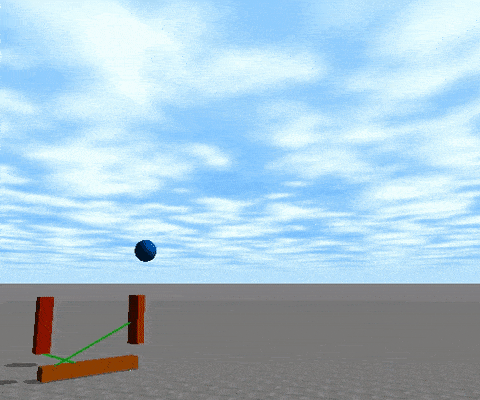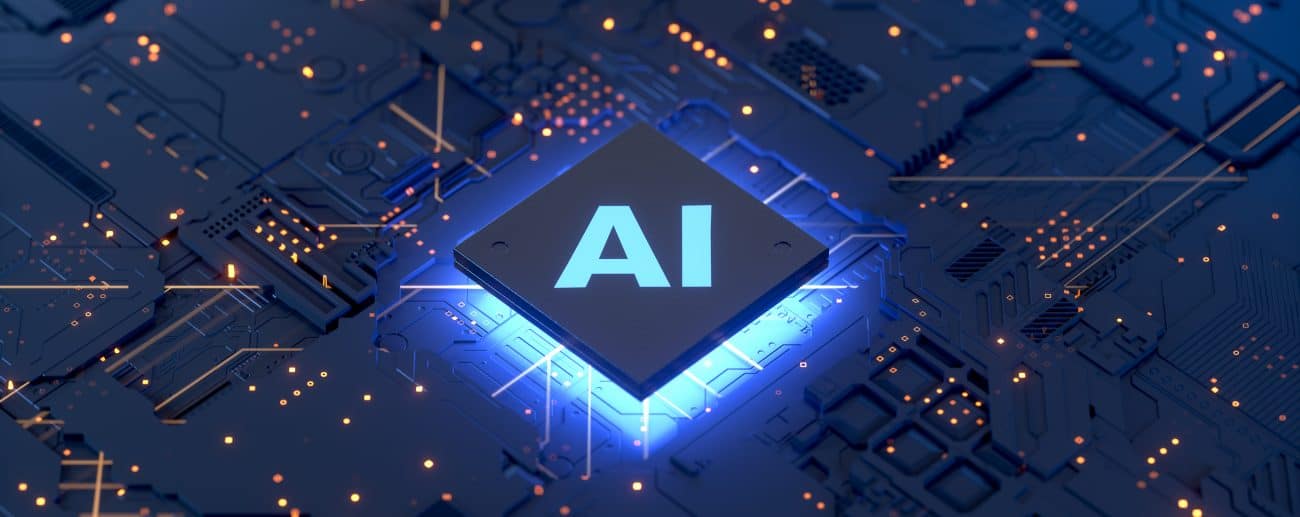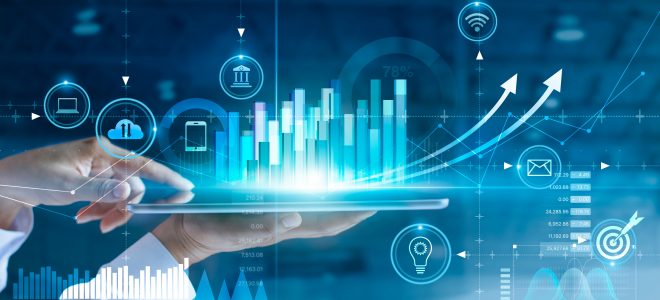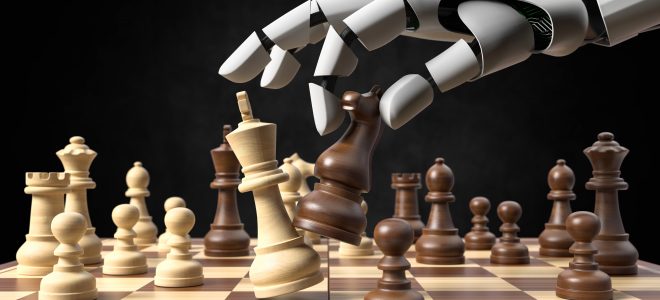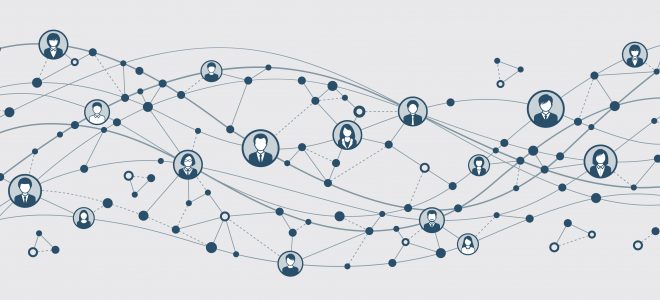Metaheuristics and Evolutionary Computation
Metron applies advances in artificial intelligence to reduce the computational cost required for searching complex solution spaces.
Join Our Team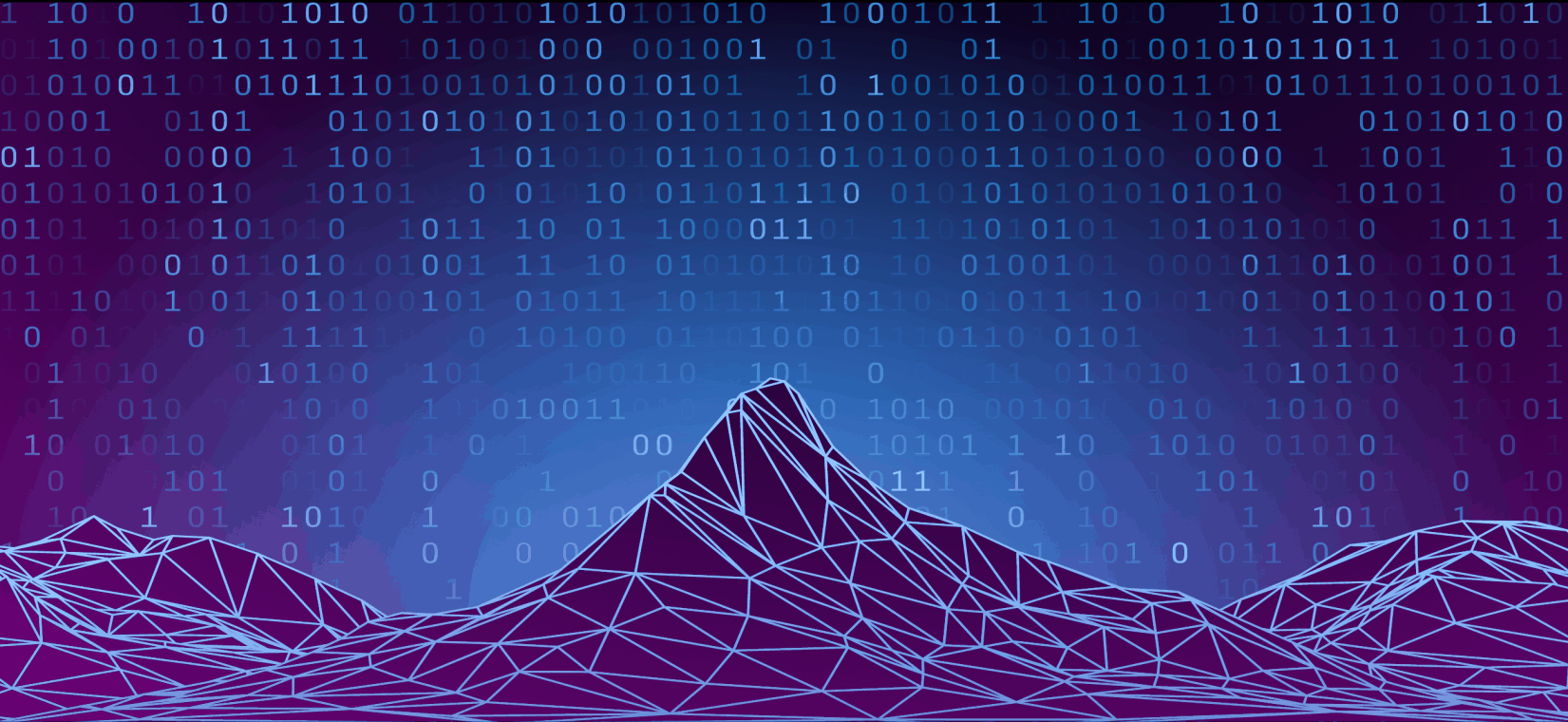
“We have to do for our robots what evolution has done for us.”
–Leslie Pack Kaelbling, MIT, CoRL 2017
Metaheuristics: searching efficiently for complex solution spaces
Metron leverages metaheuristics to solve problems when computational loads preclude a timely solution. Metaheuristics are processes designed to help narrow down the field of possible solutions by performing intelligent, trial-and-error searches through samples of the solution space to find near-optimal solutions.
Evolutionary Computation in AI
Metron uses evolutionary computation to advance AI. Evolutionary computation, paralleling biological evolutionary processes, begins with a generated initial set of solutions, evaluates their performance based on explicit or implicit “selection” criteria, and promotes the most promising solutions. Candidate solutions are then iteratively evolved across competitions in hundreds to millions of “generations” using random or directed changes. The process is repeated to build an increasingly effective solution set.
Dynamic Environments, Dynamic Results
Metron utilizes evolutionary computation to emphasize solution space exploration to break away from inherent engineering biases of what a desirable solution might be; evolutionary computation allows for open search for new solutions that are beyond the original training data. Metron is actively investigating the potential of evolutionary computation potential for navigating very large and complex solution landscapes when other methods fail or computational loads are high.
Stronger AI
Metron incorporates metaheuristics and evolutionary learning to create ‘Strong AI’: AI which can reason and make decisions in novel situations, particularly for our autonomous vehicles. Metron also incorporates combinations of tools and approaches, such as:
- Creating NN structures favoring adaptability and learning (e.g., using neuroevolution)
- Promoting adaptive learning and adaptability through solution space exploration and meta-learning (e.g., by harnessing coevolutionary dynamics and evolving training ecosystems)
- Fitness landscapes (competition, diversity, etc.) to promote emergence of desired traits
- Adaptating & learning in-situ stemming from varied training and experience, and flexible policies (learning to learn) and/or updating relevant policies during missions and throughout a vehicle’s lifespan (e.g., including via on-board simulation and learning to ‘imagine’ and test variations on solutions to new problems)
- Breaking away from inherent engineering biases in physical designs and AI controls

Metron Careers
Decision Support Career Opportunities
Metron hires research scientists with experience developing novel approaches that advance the state of the art in mathematics and artificial intelligence. Our scientists work alongside subject matter experts applying these innovations to new problem domains.

